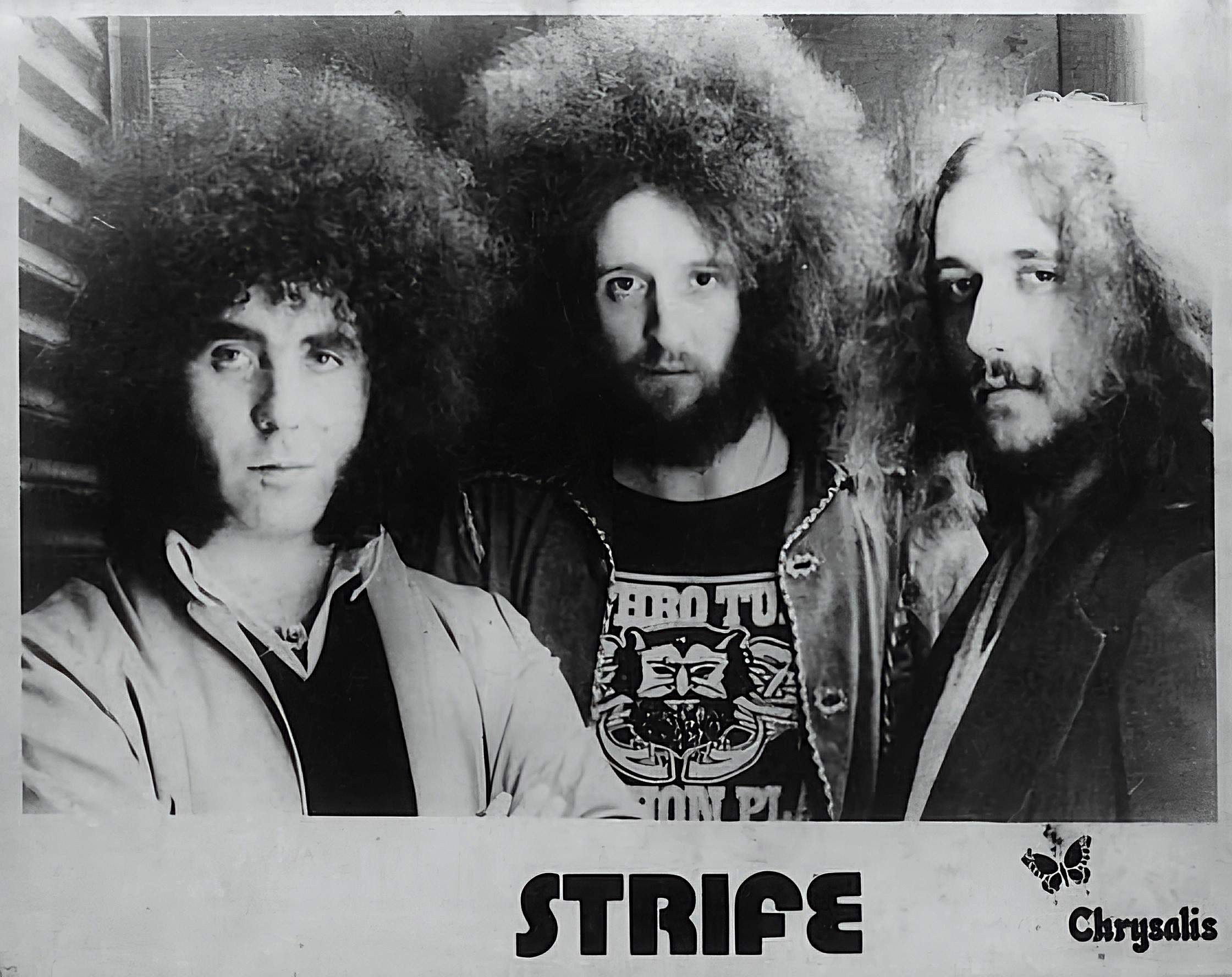CAN – The Lost Tapes (2012) review
CAN – The Lost Tapes (Spoon Records, 2012)
CAN has given us a very rare sort of treat
that, as the years stack on, is less and less likely to crop up in the world of
music. Their innovative minds elevate this to a cause for celebration, for CAN
changed a great deal in the landscape of music in the seventies. They created
entire genres of music with single tracks—all of which, were almost entirely
composed on impulse and edited down to their signatured complexity and chaotic
perfection.
The Lost Tapes are boiled down to thirty
tracks spread across three discs, and they showcase every aspect and stage in
the evolution of our beloved CAN. From the very first track,
“Millionenspiel,” and its slow onset of layered sound that erupts
into an unconventionally engrossing groove complimented by flute, it is
immediately apparent that these aren’t just garbled, bootleg quality tracks
that sat in a damp basement collecting mold for four decades. We are talking
prime studio quality material. This is history. Or rather, a history lesson in
the evolution of Rock & Roll.
tracks spread across three discs, and they showcase every aspect and stage in
the evolution of our beloved CAN. From the very first track,
“Millionenspiel,” and its slow onset of layered sound that erupts
into an unconventionally engrossing groove complimented by flute, it is
immediately apparent that these aren’t just garbled, bootleg quality tracks
that sat in a damp basement collecting mold for four decades. We are talking
prime studio quality material. This is history. Or rather, a history lesson in
the evolution of Rock & Roll.
All of their most prominent influences come
through, each track standing completely on its own as an example of their
heritage. The “Evening All Day” examplifies their fondness for von
Beil-esque compositions as far back as 1969, while “True Story” gives
the impression that the boys had paid a visit to New York, and sat in on some
beat poetry sessions—the electronic drone gives a sense of horror to the whole
scenery. The scatter-brained, off the hinges “Deadly Doris” can only
suggest that The Beatles’ White Album was a fleeting precursor, “Sexy
Sadie” being repeated along with the schizophrenic, mantra-like
“Deadly, deadly, deadly, deadly, deadly Doris.”
through, each track standing completely on its own as an example of their
heritage. The “Evening All Day” examplifies their fondness for von
Beil-esque compositions as far back as 1969, while “True Story” gives
the impression that the boys had paid a visit to New York, and sat in on some
beat poetry sessions—the electronic drone gives a sense of horror to the whole
scenery. The scatter-brained, off the hinges “Deadly Doris” can only
suggest that The Beatles’ White Album was a fleeting precursor, “Sexy
Sadie” being repeated along with the schizophrenic, mantra-like
“Deadly, deadly, deadly, deadly, deadly Doris.”
Their powers of brilliant impulse shred
sixteen minutes into the hypnotic and multi-faceted “Graublau”; when
it’s through, time is empty and you’ll have lost all concept of it. Strange and
beautiful tracks like “Dead Pigeon Suite” will give you a feel for
their embrace of music from around the world; ethnically diverse
instrumentation and sensual, exotic rhythm, but hardly without a ninety-degree
shift in tone to keep you on your toes as a responsible listener. As the
collection progresses, those familiar with CAN’s music will immediately
recognize fragments of CAN staples in what were otherwise discarded tracks,
offering insight into their creative process. The live tracks included are by
no means filler. They showcase classic CAN tracks, given the expansive, time
and space defying treatment that vinyl simply couldn’t allow them.
sixteen minutes into the hypnotic and multi-faceted “Graublau”; when
it’s through, time is empty and you’ll have lost all concept of it. Strange and
beautiful tracks like “Dead Pigeon Suite” will give you a feel for
their embrace of music from around the world; ethnically diverse
instrumentation and sensual, exotic rhythm, but hardly without a ninety-degree
shift in tone to keep you on your toes as a responsible listener. As the
collection progresses, those familiar with CAN’s music will immediately
recognize fragments of CAN staples in what were otherwise discarded tracks,
offering insight into their creative process. The live tracks included are by
no means filler. They showcase classic CAN tracks, given the expansive, time
and space defying treatment that vinyl simply couldn’t allow them.
The thrill of listening to these lost tapes
is, and I cannot stress this enough, the knowledge that you are listening to a
group of musicians that are in the budding of their professional career, and
every track is an innovation unto itself. It is history. No band dared tread
where CAN boisterously frollicked. They were the Nikola Teslas of experimental
music; brilliant pioneers, but in the grand scheme they have been criminally
outshined by their students.
is, and I cannot stress this enough, the knowledge that you are listening to a
group of musicians that are in the budding of their professional career, and
every track is an innovation unto itself. It is history. No band dared tread
where CAN boisterously frollicked. They were the Nikola Teslas of experimental
music; brilliant pioneers, but in the grand scheme they have been criminally
outshined by their students.
Review made by Hunter Gatherer/2013
© Copyright
http://psychedelicbaby.blogspot.com/2013
http://psychedelicbaby.blogspot.com/2013
Array

.jpg)



